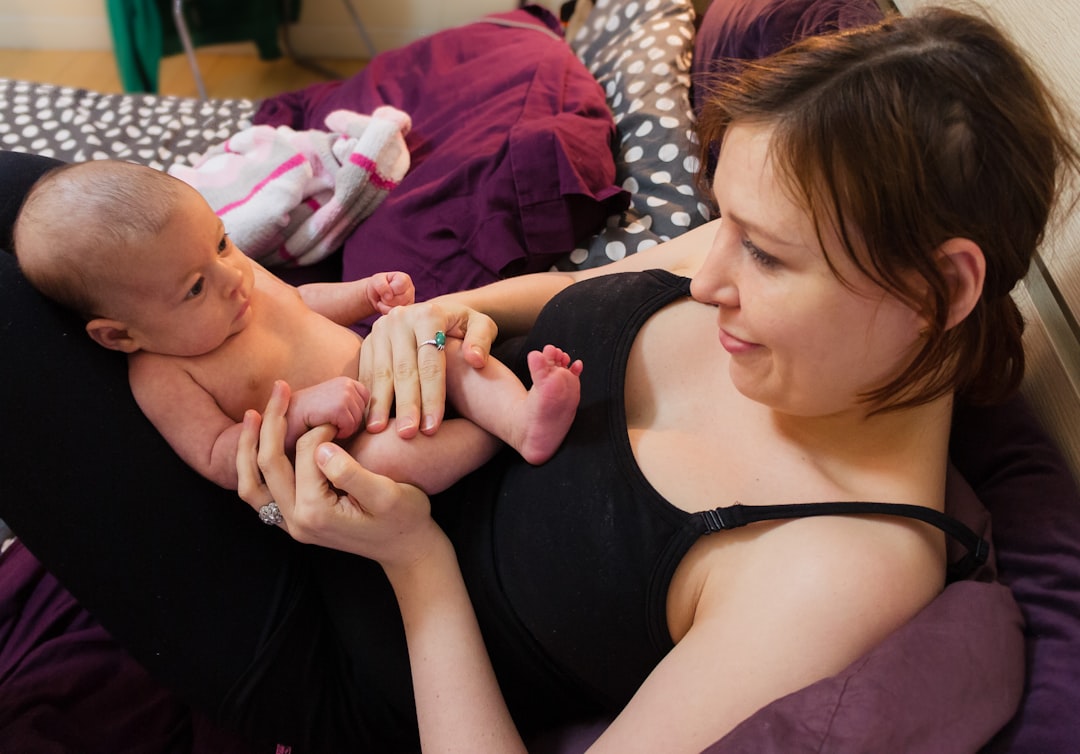Why the first 6 weeks after birth set the tone for long-term recovery
The journey into motherhood doesn’t end with childbirth—in many ways, it’s just beginning. The first six weeks after giving birth represent a critical period that can profoundly impact a mother’s physical healing, emotional wellbeing, and long-term recovery. Yet in a culture that often rushes new mothers back to “normal life,” these crucial weeks rarely get the attention they deserve.
The fourth trimester reality
When we talk about pregnancy, we focus on three trimesters. But many health experts now recognize a “fourth trimester”—the postpartum period where a mother’s body undergoes dramatic changes while she simultaneously learns to care for a newborn.
During these initial six weeks, your uterus returns to its pre-pregnancy size, hormone levels fluctuate dramatically, and physical healing from childbirth occurs. This is also when breastfeeding is established (if chosen), sleep patterns are severely disrupted, and new emotional challenges emerge.
According to data from the World Health Organization, more than 3 in 10 women worldwide don’t receive postnatal care during these critical days after birth—exactly when most maternal complications occur. This represents a significant gap in healthcare that can have lasting consequences.
Physical recovery: More than just “bouncing back”
By six weeks postpartum, many women receive medical clearance to resume exercise and sexual activity. However, this standard timeline has been criticized by experts as arbitrary and insufficient.
As one University of Utah healthcare expert bluntly stated, the 6-week postpartum visit timeline “was made up” and is “totally ridiculous” as women have either “sunk or swum on their own” by that point.
Physical recovery varies tremendously between individuals, influenced by the type of delivery (vaginal vs. cesarean), complications during childbirth, prior fitness and health status, available support systems, and sleep quality.
A 2021 study published in PMC found that the most frequent challenges reported by new mothers evolved week by week: breastfeeding difficulties dominated the first week, continued in week three, with sleep problems becoming the predominant issue by week six.
Emotional wellbeing: The often-overlooked recovery
While physical healing receives some attention, emotional recovery after childbirth often goes unaddressed until problems become severe.
Consider these statistics: 70% of women experience “baby blues” in the first couple of weeks, and 5% develop postpartum depression during the early postpartum period. By six weeks, mothers with postpartum depression are “already well into it” if not detected earlier, according to University of Utah experts.
Early intervention is crucial. As Dr. Nathan Riley, an OB-GYN specialist, pointed out in a Healthline article: “There’s something in the care of women postpartum that the U.S. is missing… It’s really not your job to self-diagnose and take care of yourself as the birth person.”
Why these six weeks matter for long-term recovery
The postpartum period sets patterns and precedents that can affect a mother’s wellbeing for months or even years. The physiological healing that occurs during this time creates the foundation for your long-term physical function. Similarly, early intervention for postpartum mood disorders leads to better outcomes than delayed treatment.
The support patterns established during this time often continue throughout early parenthood, and the relationship with self-care developed during this vulnerable period typically persists long-term. Additionally, how you navigate the transition to motherhood during these weeks shapes your new sense of self.
Practical strategies for a healthier postpartum experience
Prioritize rest over everything else
Despite cultural pressures to “bounce back,” rest should be your top priority. Traditional practices in many cultures actually prescribe a 30-40 day period of intensive rest and support for new mothers.
Build your support network before birth
The most frequently cited factor that hindered postpartum recovery in research was inadequate social support. Conversely, family support, lactation support, and partner support were the most important factors facilitating recovery, according to the PMC study.
Before giving birth, create a concrete postpartum plan detailing who will help with meal preparation, household chores, childcare breaks, emotional support, and overnight assistance.
Monitor your mental health actively
Don’t wait for your six-week checkup to address emotional concerns. Early postpartum support is crucial for identifying problems before they escalate. Use screening tools, speak openly with your partner about your feelings, and don’t hesitate to contact your healthcare provider if you experience persistent sadness, excessive worry about baby’s health, intrusive thoughts, difficulty bonding with your baby, or thoughts of harming yourself or your baby.
Set realistic expectations
Many women report feeling blindsided by the realities of postpartum recovery. Understanding that your body and emotions will undergo significant changes can help manage expectations.
A pelvic health specialist quoted in Healthline noted that women often report feeling “totally on your own” after returning home, with healthcare providers offering minimal guidance beyond “it takes time” or “let us know if it doesn’t get better.”
Practice micro self-care
Traditional self-care routines may be unrealistic with a newborn. Instead, focus on small moments: five minutes of deep breathing, a quick shower with aromatherapy, a brief guided meditation during baby’s nap, stepping outside for fresh air, or a five-minute phone call with a supportive friend.
Moving forward with compassion
The World Health Organization emphasizes that “women and their families want and need a positive postnatal experience that helps them navigate the immense physical and emotional challenges that occur after their babies are born.”
Instead of pushing through these six weeks to get back to “normal,” recognize this period as a unique transition deserving of support, care, and attention. The investment in your recovery during these weeks pays dividends in your long-term physical health, emotional wellbeing, and family dynamics.
Rather than seeing postpartum recovery as a brief inconvenience before returning to your regular life, view it as the foundation upon which your new life as a mother is built. With the right support, reasonable expectations, and compassionate self-care, these challenging weeks can become a transformative period that sets you up for a healthier, more balanced motherhood journey.



